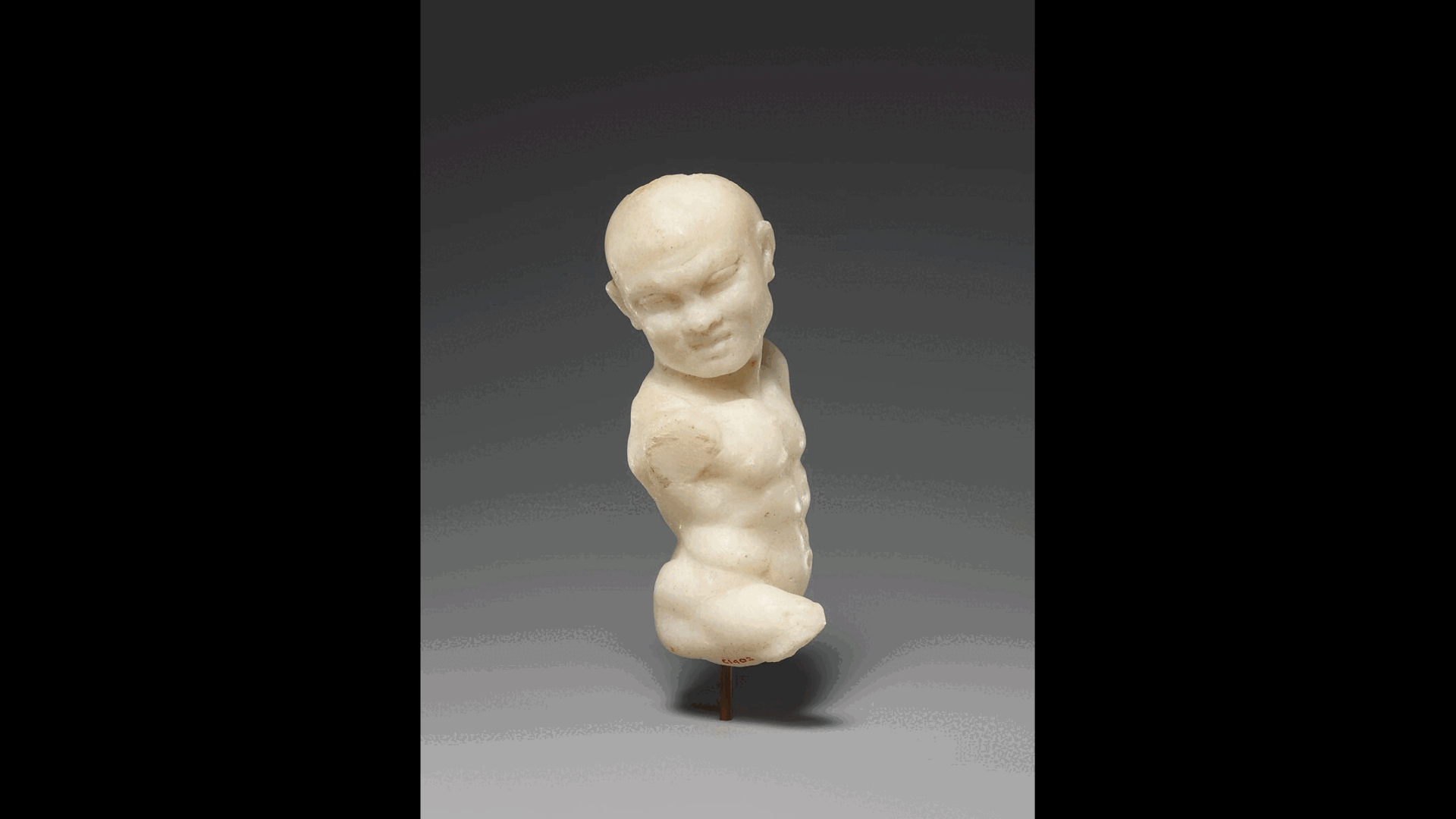
In the United States alone, over 37 million people live with diabetes, and a significant portion of them have type 2 diabetes.
While this condition has traditionally been associated with older adults, it is increasingly being diagnosed in younger people as well.
Managing type 2 diabetes typically involves taking medications to control blood sugar levels, and in many cases, daily insulin injections are required.
But what if there was an alternative that could reduce or even eliminate the need for insulin?
Researchers may have found such a solution with a groundbreaking treatment called ReCET (Re-cellularization via Electroporation Therapy). This innovative approach is showing early promise as a potential game-changer for people living with type 2 diabetes.
What Is ReCET?
ReCET is a new therapy that uses controlled electric pulses to change the inner lining of the small intestine.
This procedure is performed using an endoscope, a thin tube equipped with a camera, which is inserted through the patient’s mouth and guided into the small intestine. The electric pulses are designed to “reset” the intestinal cells, potentially improving how the body processes insulin.
Promising Trial Results
A small trial involving 14 participants with type 2 diabetes tested the ReCET treatment. After undergoing the procedure, the participants followed a special diet for two weeks and then began taking a diabetes medication called semaglutide.
Semaglutide is known for helping some people reduce their reliance on insulin, though it doesn’t work for everyone.
The results were encouraging. Most participants in the trial were able to stop using insulin altogether while maintaining good control of their blood sugar levels.
Researchers believe the ReCET procedure may enhance the body’s ability to use insulin effectively, reducing the need for external medication.
If these results hold true in larger studies, ReCET could provide a new, less burdensome way to manage type 2 diabetes. For many people, the prospect of no longer needing daily insulin injections would be life-changing.
A Path to a Better Future
Although the early results are promising, further research is needed to ensure ReCET is both safe and effective for a larger population.
The study, presented at Digestive Disease Week in 2023, represents an exciting step forward, but it’s just the beginning. If additional trials confirm its benefits, ReCET could become a widely available option for those living with type 2 diabetes.
The Bigger Picture
While innovations like ReCET bring hope, it’s also essential to focus on preventive measures and lifestyle changes that can help reduce the risk of type 2 diabetes.
Staying active, eating a healthy and balanced diet, quitting smoking, and limiting alcohol consumption are all effective ways to manage or even prevent the condition.
Ongoing research in the field of diabetes is uncovering other promising strategies. For instance, the MIND diet, which emphasizes brain-healthy foods, may help reduce the risk of vision loss—a common complication of diabetes.
Similarly, the widely used diabetes drug metformin has shown potential for slowing cognitive decline in some patients.
A Bright Future for Diabetes Care
With new treatments like ReCET on the horizon and continued advancements in medication, diet, and lifestyle recommendations, there is growing hope for people living with type 2 diabetes.
Whether it’s through innovative procedures or small everyday changes, the possibilities for improving diabetes management are expanding.
For now, ReCET represents a glimpse into a future where managing type 2 diabetes may be simpler, less invasive, and more effective. As research continues, this therapy could open the door to a better quality of life for millions.
If you care about diabetes, please read studies about 5 vitamins that may prevent complication in diabetes, and how to manage high blood pressure and diabetes with healthy foods.
For more health information, please see recent studies about vitamin D and type2 diabetes, and to people with type 2 diabetes, some fruits are better than others.
Copyright © 2024 Knowridge Science Report. All rights reserved.









Leave a Comment